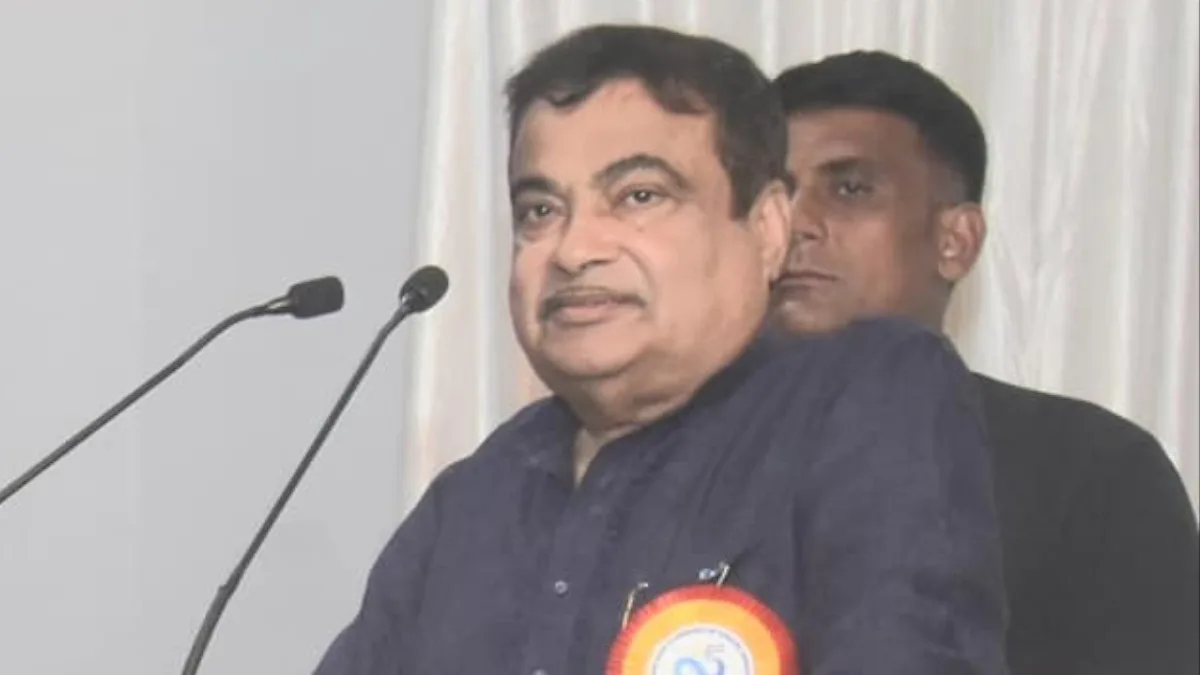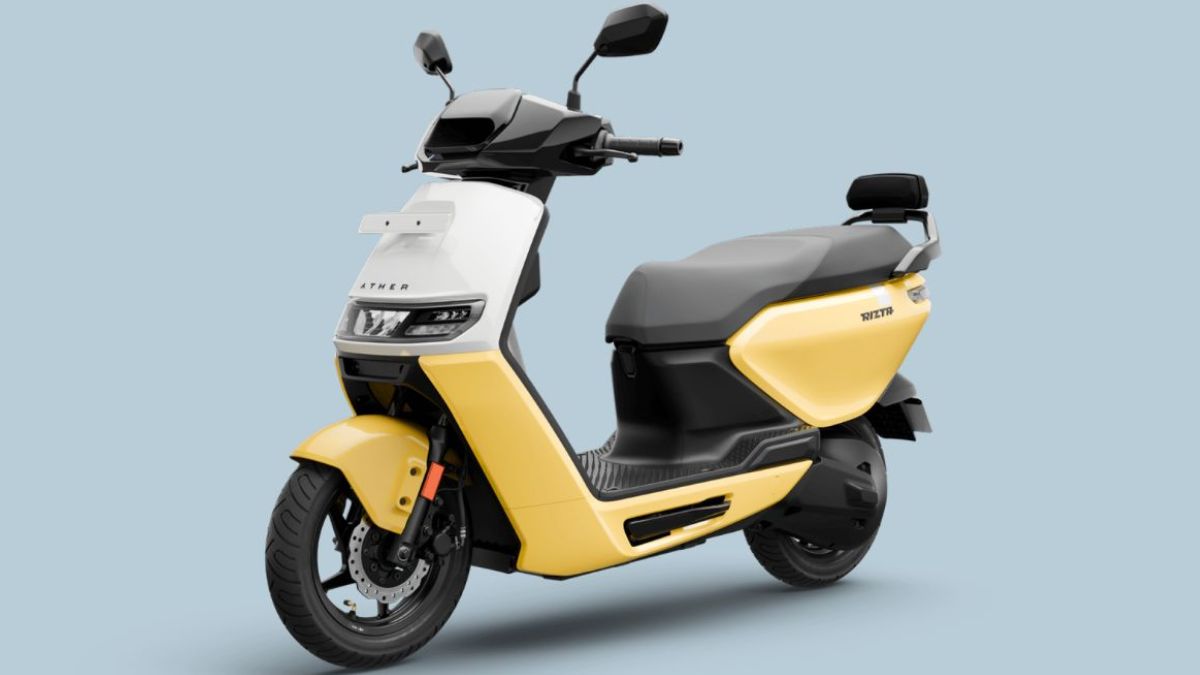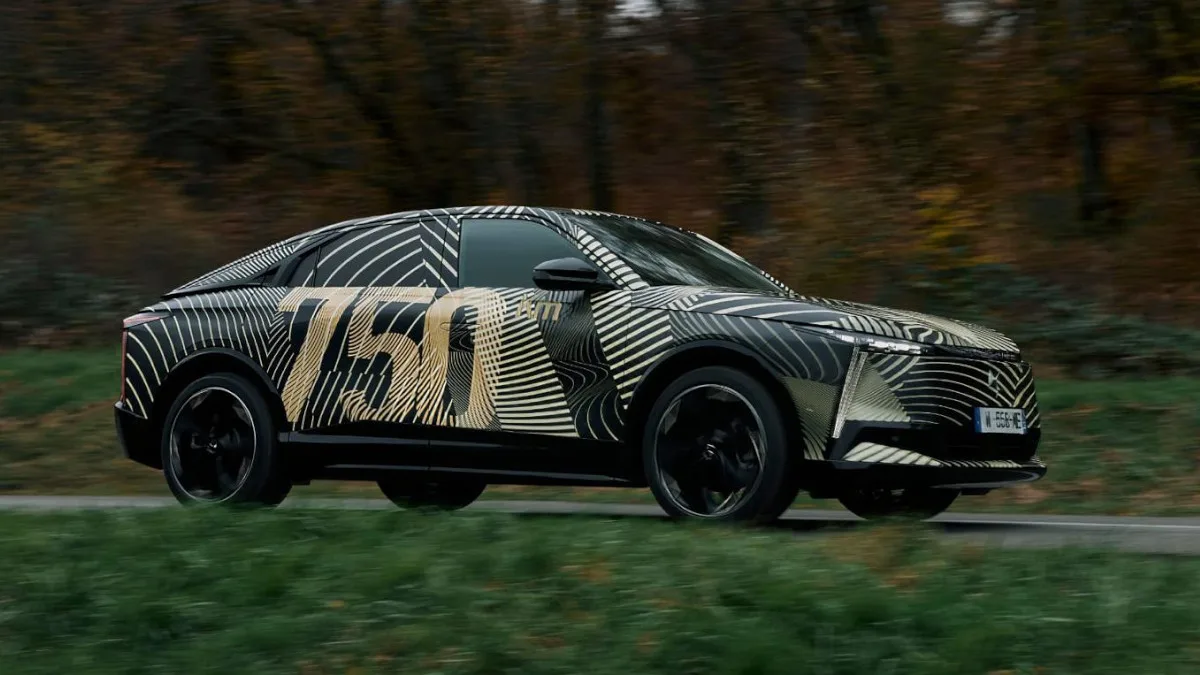India’s Minister for Road Transport and Highways, Nitin Gadkari, announced on Monday that electric vehicles (EVs) may no longer require government subsidies within the next two years, as their prices are expected to align with those of petrol and diesel vehicles. Speaking at the annual session of the Auto Component Manufacturers Association (ACMA), Gadkari explained that falling battery prices would contribute to this price parity. However, the minister clarified that he is “not against any incentives” offered by the finance or heavy industries ministries to support the growth of electric mobility.
Gadkari’s remarks highlight his belief that the electric vehicle sector is on the cusp of a significant transformation, driven largely by advancements in battery technology. The prices of lithium-ion batteries, a critical component in electric vehicles, have been steadily decreasing. The cost per kilowatt-hour (kWh) for lithium-ion batteries, which was once $150, has now fallen to $108-110, and Gadkari expressed confidence that it will soon reach $100 per kWh due to increased production.
Price Parity Between EVs and ICE Vehicles
The minister’s prediction that EV prices will match those of petrol and diesel vehicles in the near future is based on these ongoing cost reductions in battery production. He believes that companies manufacturing EVs will no longer need subsidies to remain competitive, as lower production costs will naturally drive down the prices of electric cars and bikes. Moreover, Gadkari emphasized the savings that EV consumers already enjoy due to the lower cost of electricity compared to traditional fossil fuels.
Electric vehicles in India currently attract a Goods and Services Tax (GST) rate of just 5%, while petrol and diesel vehicles face significantly higher tax rates. Smaller petrol vehicles are taxed at 28%, and the rate for larger vehicles can exceed 48%. This tax differential already makes EVs an attractive option for buyers, especially in light of rising fuel prices.
Gadkari’s Clarification on Petrol and Diesel Vehicles
While Gadkari has often been seen as a strong advocate for EVs and alternative fuels, he clarified that he is not opposed to petrol and diesel vehicles. “I am not against petrol and diesel. Sometimes, my statements are unnecessarily misinterpreted,” he said. His primary concern with internal combustion engine (ICE) vehicles lies in the enormous fuel import bill, which has surged to nearly Rs 22 lakh crore, and the growing issue of pollution across India’s cities. He highlighted that 40% of air pollution in the country is attributed to the transport sector, raising concerns about the environmental impact of continued reliance on fossil fuels.
Market to Decide the Future of EVs
When asked about concerns over a potential slowdown in EV sales, Gadkari was confident that the market would ultimately determine the future of electric vehicles. He emphasized the importance of consumer choice, saying, “Leave everything to the market and the choice of people. They are the best judges… survival of the fittest is the law.”
In conclusion, Gadkari’s statements reflect optimism about the future of electric vehicles in India. As battery prices continue to drop and production ramps up, the need for government subsidies may diminish, making EVs an even more viable option for consumers. However, the minister’s focus on consumer choice ensures that the market will remain a key factor in determining the future of both electric and traditional vehicles in India.
Discover more from Wheels Craze - Automotive News, EV News, Car News, Bike News
Subscribe to get the latest posts sent to your email.





